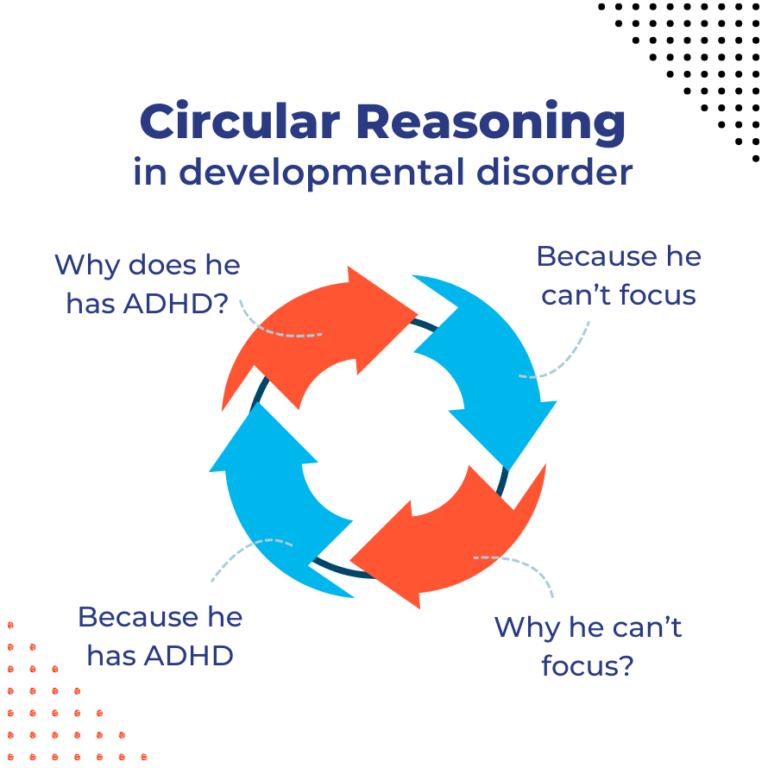Watching your child’s development is an exciting journey filled with milestones. One of these crucial milestones is their ability to speak. However, some children may experience a delay in developing their speech skills. This delay occurs when a child’s speech and language skills develop at a slower rate than their peers. In this article, we will explore the concept of speech delay, how to recognize if your child is experiencing it, the potential causes behind it, and what you can do if your child shows signs of speech delay.
What is speech delay?
Speech delay refers to a condition in which a child’s speech and language development lags behind that of their peers. It can manifest as difficulties in articulation, vocabulary development, sentence formation, and overall communication skills. While every child progresses at their own pace, there are general guidelines for when certain speech milestones should be reached. If a child consistently falls behind these milestones, it may be an indicator of speech delay.
How to know if your child has speech delay?
Understanding typical speech development milestones is crucial for identifying potential speech delay in your child. While every child is unique and may progress at their own pace, there are general speech and language milestones that most children reach during their early years. Here’s a list of typical speech development milestones:
- Babbling: Infants start with cooing and babbling sounds as early as a few months old. These early sounds are the building blocks of speech.
- First words: Around 12 to 18 months of age, children typically begin saying their first words, such as “mama,” “dada,” or simple words like “ball” or “dog.”
- Vocabulary growth: As toddlers progress, they expand their vocabulary, adding more words to their repertoire. By age 2, they may have a vocabulary of around 200 words.
- Sentence formation: Around ages 2 to 3, children start combining words to form simple sentences, like “I want juice” or “Give me the toy.”
- Articulation and pronunciation: As children grow, their speech sounds become clearer and more accurate, allowing them to be understood by a wider audience.
- Language complexity: By age 4, children can typically form more complex sentences and use a wider range of words to express themselves.
Keep in mind that these are general guidelines, and there can be variations in the pace of speech development. Some children may reach these milestones earlier, while others may reach them a bit later. However, if you notice significant delays or persistent issues in multiple areas of speech and language development, it’s essential to consult with a child psychologist or a speech therapist to assess whether your child may have a speech delay that requires intervention. Early identification and intervention can greatly improve the outcome for children with speech delays.
Why children have speech delay?
Speech development in children is a complex process influenced by a variety of factors. Understanding the underlying reasons for speech delay is essential for providing the right support and intervention. Here are the three most common causes of speech delay in children.
- Speech delay associated with cognitive-linguistic difficulties that may be transmitted genetically
- Speech delay marked by auditory-perceptual processing problems that result from the fluctuating hearing loss associated with otitis media with effusion at a very early age
- Speech delay with psychosocial involvement, children may either be aggressive or withdrawn, and it is hypothesized that their temperaments may make it more
difficult for them to obtain the feedback they need to develop appropriate speech skills.
What to do when your child shows signs of speech delay?
If you suspect some signs of speech delay, here are things that you can do:
- Seek Professional Evaluation
Contact a qualified child psychologist or speech-language pathologist. They will assess your child’s speech and language skills, identify any potential underlying causes, and develop an individualized treatment plan. - Encourage Communication
Actively support your child’s speech development. Engage in activities that promote communication, such as reading aloud, singing songs, and engaging in simple conversations. Parents should be responsive to encourage their child’s speech - Establish a Language-Rich Environment
Create an environment that fosters language development. Limit screen time and encourage interactive play and communication with family members and peers. - Stay Positive and Patient
It is essential to remain patient and supportive throughout your child’s speech journey. Celebrate their progress, no matter how small, and avoid comparing them to others. Each child develops at their own pace, and with the right support, they will continue to progress
References
Bauman-Waengler, J. (2016). Articulation and Phonology in Speech Sound Disorders: A Clinical Focus (5th ed.). California: Pearson Education, Inc.
Image by Freepik





